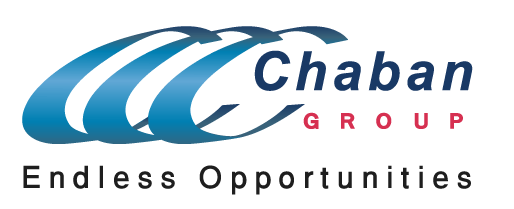A major shift is taking place within the dynamic world of medical devices. The breakthrough of IoT is revolutionizing medical device production, and Chaban Medical leads the way.
A realm once confined to conventional medical manufacturing has now transcended its boundaries, propelled by the force of the Internet of Things (IoT) and connected technologies. This transformation is reshaping the very essence of healthcare devices, with implications for device monitoring, device upkeep, and more.
IoT and Medical Device Production
The term IoT is more than just a trending buzzword. The merging of IoT and medical devices is creating a profound shift in the world of healthcare. Visualize a scenario where devices seamlessly communicate with healthcare providers, transmitting a steady stream of real-time data. Devices are no longer static entities; they've evolved into dynamic agents that can adapt to patients' evolving needs. The implications are nothing short of revolutionary. These transformations mean significant time and cost savings for device companies, reducing the resources allocated to monitoring and maintaining products. This will consequently free-up more time to address other crucial tasks.
Mechanisms of IoT for Medical Care
Chaban Medical, a leading
medical device production Israel company, is at the epicenter of this groundbreaking transition.
For example, at Chaban, we have evolved from a conventional
oxygen concentrator manufacturer
into a formidable tech-driven innovator. With the infusion of IoT, devices are both more safe and efficient for the customers and efficient for the supplier.
A portable oxygen concentrator such as Chaban’s OXYTEC-5S is able to provide real time data on patient’s oxygen levels, patterns of use, and device performance. This information allows healthcare providers to monitor patient progress remotely, and adjust treatment plans accordingly. For suppliers, IoT- equipped oxygen concentrators offer an edge in terms of customer support and device maintenance. Remote diagnostics allow for fast identification of issues, oftentimes before the issues even arise. In addion, these diagnositic capabilities enable suppliers to provide targeted solutions, taking away the need for routine on-site visits. This streamlined approach not only enhances customer satisfaction but also optimizes resource allocation and operational efficiency for the supplier. Here, technological advancement meets business growth!
Medical Device Enhancement Through Connectivity
Medical devices no longer serve a singular purpose. Now, these devices are embedded with intelligence that offer more.. They act as conduits, transmitting vital data to healthcare professionals in real time. This data-driven approach empowers clinicians to oversee patients' conditions remotely, offering prompt interventions when anomalies arise.
Potential Benefits of IoT-Enabled Devices in Action
- Real-Time Insights
The fusion of IoT with medical devices means clinicians can access real-time data, permitting swift and accurate adjustments to treatment regimens.
2. Remote Patient Care
Unprecedented connectivity ensures that remote and underserved populations gain access to high-quality healthcare, minimizing the need for physical hospital visits.
3. Customized Treatments
IoT devices yield personalized insights into individual patient needs, steering medical interventions toward tailored solutions.
4. Timely Responses
Immediate alerts and notifications enable rapid responses to emergent health shifts, potentially averting critical situations.
5. Patient-Centric Care
Patient engagement soars as they take an active role in their healthcare journey, fostering enhanced adherence to prescribed protocols.
This journey into the realm of IoT is only beginning. At Chaban, our mission extends beyond crafting devices; it's about engineering solutions that bridge the gap between patients and caregivers. From the idea stage, to complete turnkey development services, Chaban, a
medical device product lifecycle Israel company, prides itself in creating perfectly designed devices that ensure both customer and supplier satisfaction. The global medical market is in for a wave of change that promises to redefine patient care. The union of IoT with medical devices is revolutionzing medical device production, starting an era of innovation that will forever reshape healthcare as we know it.



